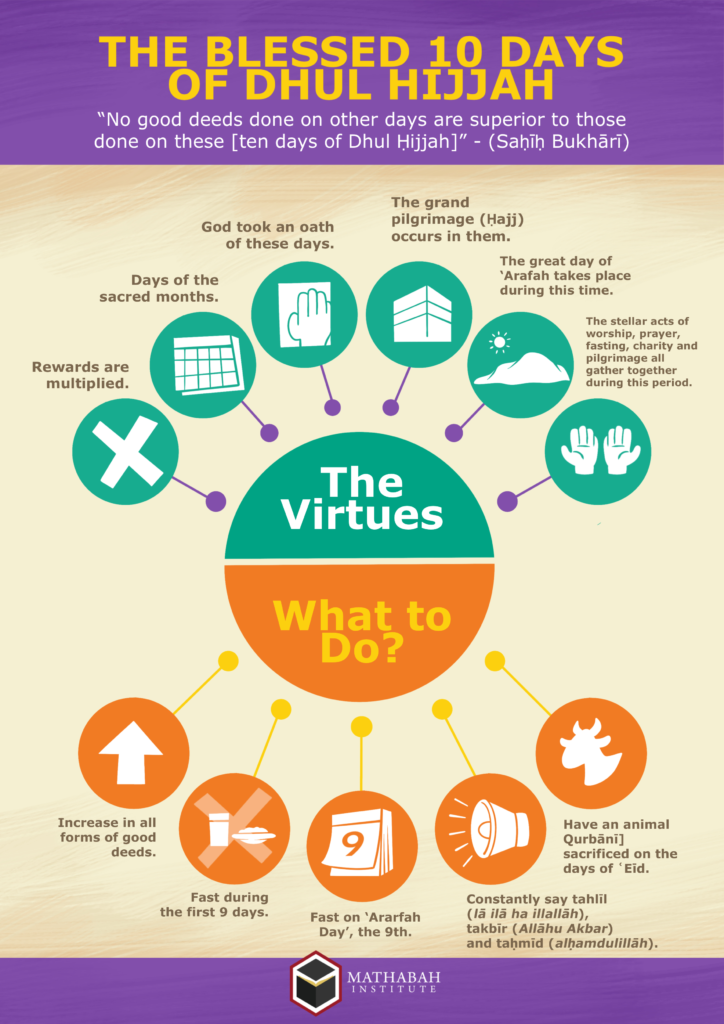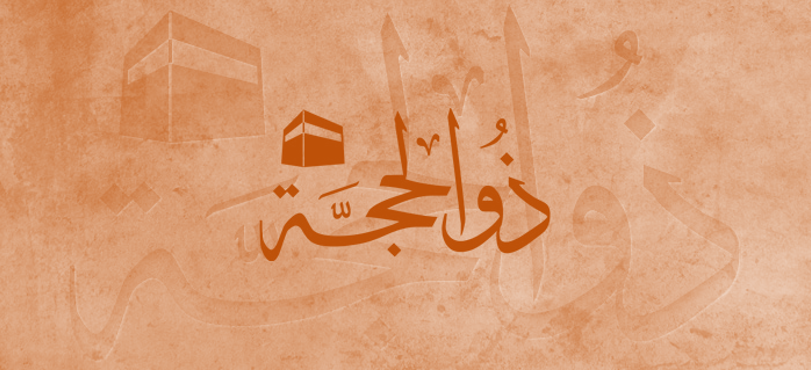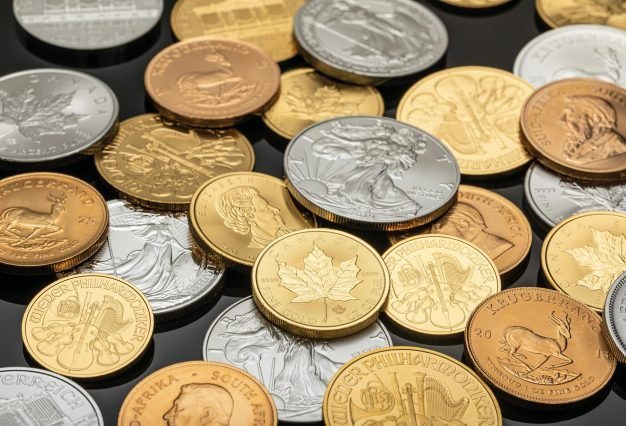by Shaykh Yūsuf Badāt
Being Desirous for Endless Virtues and Goodness
A believer always seeks the opportunity to excel in doing good and earning blessings. The Prophet of Islam, Muḥammad (peace and blessings upon him) motivating his followers, instructed,
اِحْرِصْ عَلَى مَا يَنْفَعُكَ, وَاسْتَعِنْ بِاَللَّهِ, وَلَا تَعْجَزْ
“Be desirous for all that which is beneficial for you, seek Allāh’s help and do not be weak [in acquiring the good]” (Saḥīḥ Muslim)
The 10 Days of Dhul Ḥijjah
The last month in the lunar Islamic calendar is an excellent opportunity to acquire multiple goodness, since it’s first 10 days are very virtuous.
وَالْفَجْرِ وَلَيَالٍ عَشْرٍ
“By the dawn and the 10 [blessed] nights” (Qur’ān 89:1-2)
Imam Ibn Kathīr (may Allāh’s mercy be with him) confirms that the 10 nights referenced in the above Qur’ānic verse refers to the first 10 nights of Dhul Ḥijjah.
مَا الْعَمَلُ فِي أَيَّامٍ أَفْضَلَ مِنْهَا فِي هَذِهِ
“No good deeds done on other days are superior to those done on these [ten days of Dhul Ḥijjah]” (Saḥīḥ Bukhārī)
الْعَمَلَ فِيهِنَّ يُضَاعَفُ سَبْع مِائَةِ ضِعْفٍ
“[Good] deeds during the 10 blessed days of Dhul Ḥijjah are multiplied seven hundred fold.” (Bayhaqī)
Why the Significance?
This period in Dhul Ḥijjah is regarded as very sacred and virtuous due to the following:
- The month is among the sacred months
- Allāh took an oath of these blessed days
- The grand pilgrimage (Ḥajj) occurs in this period
- The great day of ‘Arafah takes place during this time
Imam Ibn Ḥajr (may Allāh’s mercy be with him) states,
وَالّذِيْ يَظْهَرُ أنَّ السَّبَبَ فِي امْتِيَازِ عَشْرِ ذِيْ الْحجَّةِ لِمَكَانِ اجْتِمَاعِ أُمَّهَاتِ الْعِبَادَةِ فِيْه وَهِيَ الصَّلَاة والصِّيَام والصَّدَقَة وَالْحَج وَلَا يأتى ذَلِكَ فِيْ غَيْرِه
“The apparent reason for the distinction related to the ten days of Dhul Ḥijjah is due to the fact that this period of time is such where the stellar acts of worship, prayer, fasting, charity and pilgrimage, have all gathered together. This distinction is not found at any other period of time during the year.” (Fatḥ al Bārī)
A Period of Increased Action
Knowing that this period is the most blessed and virtuous time of the year, one should be motivated to engage in obedience and good deeds. Indeed, fortunate is the one who values the season and takes full advantage before it lapses.
Fasting
One is advised to fast during the first 9 days of this blessed month. The reward for each fast equals an entire year. (Targhīb)
The fasting on the ‘Day of ‘Ararfah’ or 9th Dhul Ḥijjah is of magnanimous value. The Messenger (peace and blessings upon him) declared,
صِيَامُ يَوْمِ عَرَفَةَ اَحْتَسِبُ عَلَى اللِه أَنْ يُّكَفِّرَ السَّنَةَ الَّتِيْ قَبْلَهُ وَالّتِيْ بَعْدَه
“I am confident the fasting on the day of ‘Arafah compensates for [for the minor sin of] a year before it and also after it.” (Saḥīḥ Muslim)
All Forms of Good Deeds
The Prophet of Islam (peace and blessings upon him) incorporated the words ‘al ‘amal al ṣāliḥ‘ when describing the virtues of this blessed period, which denotes the meaning of ‘all forms of good deeds’. This is the occasion to increase in all and any acts of good works, whether it be optional acts of worship, reciting Qur’ān, making dhikr, supplication, seeking forgiveness, education, charity, feeding the poor, rekindling relationships with family, serving parents, abstaining from sin, working on losing bad habits, or even smiling a little more.
فَكَانَ سَعِيْدُ بْنُ جُبَيْرٍ إِذَا دَخَلَ أَيَّامُ الْعَشْرِ اِجْتَهَدَ اِجْتِهَادًا شَدِيْدًا حَتَّى مَا يَكَادُ يَقْدِرُعَلَيْه
“Sa’id bin Jubayr (may Allāh be pleased with him) would engage so extensively in rendering good deeds that it would seem he would be unable to continue them.” (Bayhaqī)
‘Abdullāh bin ‘Omar and Abū Hurayrah (may Allāh be pleased with them) would enter the market places chanting the name of Allāh, reminding one and all around them to keep their tongues busy with dhikr during this sacred period.
The ḥadīth of Musnad Aḥmad suggests that believers are to excessively repeat the tahlīl (lā ilā ha illallāh), takbīr (Allāhu Akbar) and taḥmīd (alḥamdulillāh) during these virtuous days.
The academic Islamic scholar, Imam Abū Zur’ah (may Allāh have mercy on him) deferred discussing or addressing controversial issues in the 10 days of Dhul Ḥijjah and chose to spend his time in a more productive way. He said to one asking controversial questions,
فأخِّرْه حتى تَخْرُجَ العَشْرُ فإني أكره أن أُحَدِّثَ بمثل هذا في العَشْر
“Delay this discussion until the passing of these 10 blessed days, for verily I detest discussing topics of this nature during these favoured days.” (Su’alat Al Burza’i)
An easy way to render additional good deeds at Dhul Ḥijjah, is to increase some of the on going good regular deeds, along with selecting few specific actions, to include in one’s daily schedule during these blessed moments.
Udḥiyyah / Qurbānī
In manifesting the lesson of the Prophet Ibrāhīm (peace and blessings upon him), Muslims around the world are required to arrange for ritual animal slaughter during the ‘Īd days in Dhul Ḥijjah. The meats of these animals are consumed by believers, shared with family and distributed to the needy and less fortunate.
Almighty Allāh says,
فَصَلِّ لِرَبِّكَ وَانْحَرْ
“Offer prayer to your Lord and sacrifice.” (Qur’ān 108:2)
أَقَامَ رَسُولُ اللهِ صَلَّى اللَّهُ عَلَيْهِ وَسَلَّمَ بِالمَدِينَةِ عَشْرَ سِنِينَ يُضَحِّي كُلَّ سَنَةٍ
The Messenger of Allāh (peace and blessings upon him) resided in Madīnah for ten years, he rendered the Udḥiyyah (ritual sacrifice) every year. (Musnad Aḥmad)
For the believer, these days of Dhul Ḥijjah, are special opportunities to pursue the mandate from Allāh, of always doing good and submitting to the Almighty Creator. Let us make these days count, in order that we be counted in the court of the Almighty.
May Allāh shower His endless mercy on all of us and facilitate for us countless opportunities of good.
[Download this article as PDF here: Dhul-Hijjah-Making-the-Blessed-Days-Count ]





